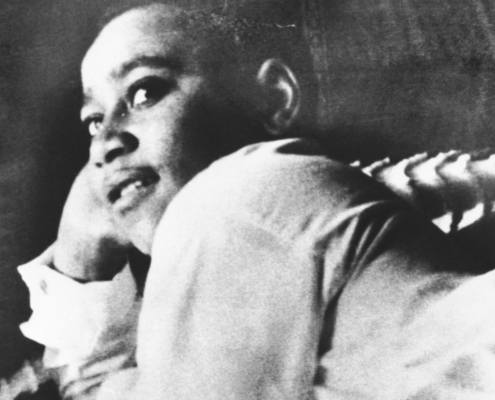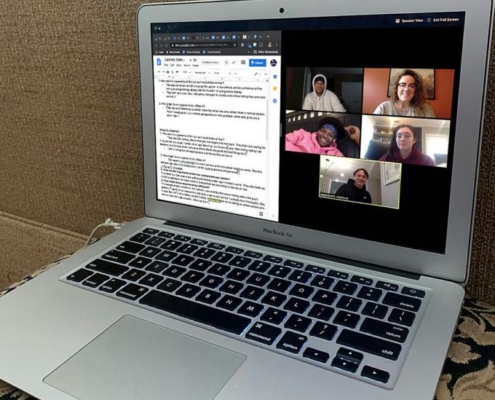Boston Catholic Schools Supt. Tom Carroll on National Catholic Schools Week
This week on “The Learning Curve,” Cara and Gerard celebrate National Catholic Schools Week with Tom Carroll, superintendent of schools for the Archdiocese of Boston. He shares his view of the value that Catholic schools add; the reasons for their success at improving student outcomes and creating a sense of community; and their commitment to serving children from underprivileged backgrounds, regardless of religious affiliation. They explore how Catholic schools have adapted to changes resulting from COVID-19, taking a proactive approach to closures and remote instruction, and re-opening in the fall while many public schools across the country have remained closed. They discuss the impact of these decisions on their enrollment, and the efforts they have undertaken to follow health protocols and ensure safe and clean classroom environments, leading to a minuscule COVID-19 case count. They also delve into why Superintendent Carroll is a strong supporter of tax credit scholarship programs, that would allow all families, regardless of income, to enroll their children in the schools that are best for them.
Related: Wall Street Journal: “Catholic Schools Are Beating Covid”
New Book: A Vision of Hope: Catholic Schooling in Massachusetts
Stories of the Week: In Chicago, the public school district and teachers unions have entered a cooling-off period that will continue remote instruction, in an effort to avoid a strike over in-person learning. Are they merely prolonging the inevitable? February marks Black History Month, during which we celebrate the achievements of African-Americans – but few of us understand the role played by Black educators in establishing this event.
Guest:
 Thomas Carroll is the Secretary of Education and Superintendent of Schools for the Roman Catholic Archdiocese of Boston, serving over 31,000 students across more than 100 schools. He is also the founder of the USA Workforce Coalition, a group of nearly 300 organizations focused on adopting federal legislation that addresses the nation’s skills gap and expands educational opportunities. Before joining the Archdiocese of Boston, Carroll was president of the New York-based Invest in Education Foundation since its founding in 2012. Carroll served as New York Governor George Pataki’s Deputy Director for Regulatory Reform and played a leading role in the adoption of New York’s charter-school law. Over the course of his career, he has led a network of high-quality urban schools, renovated and constructed school facilities, advocated on behalf of Catholic schools, and raised millions in private donations for Catholic scholarships. Carroll has both his bachelor’s and master’s degrees from the University at Albany. He and his wife, Claudia, have two children.
Thomas Carroll is the Secretary of Education and Superintendent of Schools for the Roman Catholic Archdiocese of Boston, serving over 31,000 students across more than 100 schools. He is also the founder of the USA Workforce Coalition, a group of nearly 300 organizations focused on adopting federal legislation that addresses the nation’s skills gap and expands educational opportunities. Before joining the Archdiocese of Boston, Carroll was president of the New York-based Invest in Education Foundation since its founding in 2012. Carroll served as New York Governor George Pataki’s Deputy Director for Regulatory Reform and played a leading role in the adoption of New York’s charter-school law. Over the course of his career, he has led a network of high-quality urban schools, renovated and constructed school facilities, advocated on behalf of Catholic schools, and raised millions in private donations for Catholic scholarships. Carroll has both his bachelor’s and master’s degrees from the University at Albany. He and his wife, Claudia, have two children.
The next episode will air on Wednesday, February 10th, 2021 at 12 pm ET with guest, Prof. Valerie Boyd, the Charlayne Hunter-Gault Distinguished Writer in Residence and Associate Professor of Journalism at the University of Georgia, and the definitive biographer of Zora Neale Hurston.
Tweet of the Week:
Carter G. Woodson, considered a pioneer in the study of African-American history, is given much of the credit for Black History Month. https://t.co/wjE0U2kEEV
— CNN (@CNN) February 1, 2021
News Links:
Get Updates on Our School Choice Research
Related Content

















